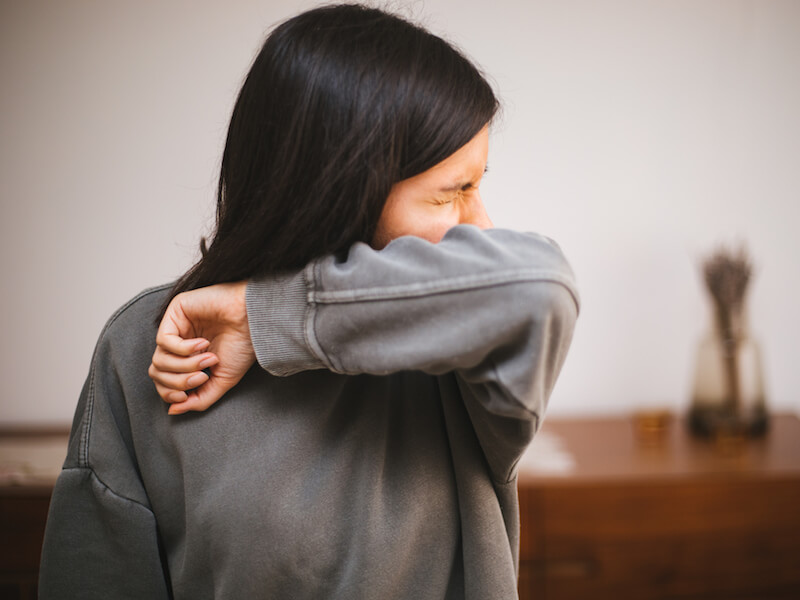
You’ve been waiting for winter all year. You’re hoping that the colder weather will help decrease the misery you experience from summer pollens and other allergens.
Unfortunately, winter allergies are quite common.
That not to say summer allergies will always give way to winter allergies. But your immune system and your sinuses can be irritated when they are subject to certain winter allergies. Coupled with seasonal sicknesses, there are good reasons to take your winter allergies seriously.
Winter Allergies – What Are They?
You can consider an allergic reaction as a mis-calibration of your immune system. In the spring and summer, your body sees pollen as a risk to your health, so it fires up the immune response, and as a result, you sneeze.
Winter allergens, which are different, will also lead to this same effect. The most prevalent winter allergies include:
- Pet Dander: In the winter, you’re indoors all day. Inside with your pets. Without open windows and a lot of recirculated air, you’ll be breathing in much more pet dander than normal. The large amount of this dander could make your allergies flare up.
- Dust: In a similar way, the dust in your house could become a more significant allergen. Much more dust will accumulate with all the windows closed all winter. It’s more the quantity versus the quality of the dust that’s causing your a runny nose and watery eyes.
- Mold: Your body isn’t a big fan of mold spores. And those spores get the run of the area come cold weather. That’s because mold spores aren’t always killed by the frost of the winter. Additionally, mold spores are usually smaller than pollen, so they can really get deep into your respiratory system when they cause a reaction (this could cause more coughing than sneezing).
These allergens are, for the most part, inescapable. It’s not like you’re going to get rid of your pets because of winter allergens. But there are a few options for avoiding winter allergies.
What’s The Remedy For Winter Allergies?
If you’re experiencing winter allergies, you’ll want to understand how to control those symptoms as much as possible. During the summer, that seems rather easy: stay indoors. But in the winter, staying inside is precisely the kind of thing that’s making your allergies worse.
So here are a number of things you can do:
- Use an air filter: Ensure that your HVAC has clean filters. Try to get them replaced before winter if you can. If you don’t have HVAC, you can buy a stand-alone air filter.
- Get pet beds for your animals: If at all possible, you’d want to keep your pets out of your room at night. But the very least you should do is ensure your pets have a bed of their own to sleep in. You just need to give your allergies some space to recover, and some breathing room.
Don’t Neglect Your flu Shot
One of the most crucial preventative measures you can take is to shield yourself from compound symptoms. Some rather serious pulmonary symptoms can develop if you get the flu along with allergy symptoms.
Making certain that you get your flu shot, then, is your best bet. Naturally, the flu shot does not safeguard you against all of the influenza strains out there. But some protection is better than no protection. And it will be essential to have this extra protection if you suffer from winter allergies. The flu and allergies, when they happen together, can be a real challenge.
Individualize Your Allergy Response
Everyone’s allergies are different. December and January may cause the worst allergy symptoms for you. For other individuals, the brutal dry air of February may be the real cause of the problem. But there are certain steps that can provide relief whatever your allergy scenario is.
You don’t need to fight through the winter months with constant sneezing and runny nose just because you suffer from winter allergies. If you want more targeted relief from allergy symptoms, talk to us about treatment solutions. We can help!